UK struggles to formulate clear China policy
- Update Time : Wednesday, January 15, 2025
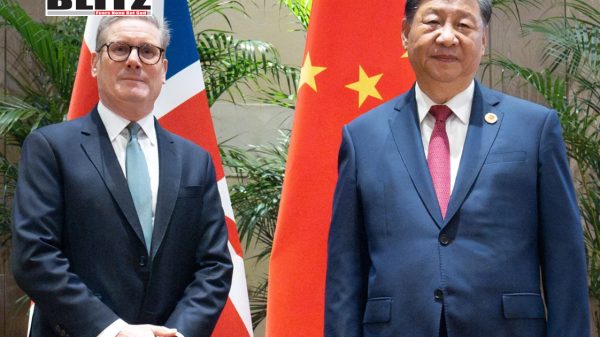
The United Kingdom’s China policy has undergone dramatic swings over the past 14 years of Conservative rule, from 2010 to 2024. As the new Labour administration under Prime Minister Keir Starmer seeks to stabilize UK-China relations, the challenge lies in navigating a politically fractured landscape where consensus on Beijing remains elusive. Shadow Foreign Secretary Priti Patel’s recent calls to designate China as a national security threat underscore the mounting difficulties in formulating a coherent approach to one of Britain’s most critical bilateral relationships.
The growing political divide over China policy is being driven primarily by the opposition Conservatives. Drawing encouragement from the stance of the incoming Trump administration in the United States, Patel has urged that Beijing be officially labeled a national security risk. She highlights issues such as the delayed implementation of the Foreign Influence Registration Scheme, which aims to curb covert foreign influence but is not expected to come into effect for several months.
This heightened rhetoric from the Conservatives contrasts sharply with their approach while in power. During their tenure, the Labour Party in opposition rarely launched the kind of sustained, vociferous attacks on China policy that the Conservatives now do. Former Labour leader Jeremy Corbyn, for instance, frequently criticized then-Prime Minister David Cameron’s perceived downplaying of human rights in dealings with Beijing. However, such criticisms were far less aggressive than the broad accusations Patel now levels at Labour, accusing the Chinese regime of “all sorts of incursions” into UK national security, from intellectual property theft to cyber espionage and disinformation campaigns.
This intensifying divide complicates the Labour government’s efforts to establish a stable China policy. Patel’s critiques come at a time when the government faces significant scrutiny over its stance toward Beijing, amplified by high-profile diplomatic engagements.
One such engagement was Chancellor of the Exchequer Rachel Reeves’ recent visit to China, the first by a UK finance minister since 2016. Accompanied by Bank of England Governor Andrew Bailey and a delegation of UK business leaders, Reeves held discussions with Vice Premier He Lifeng in Beijing. This visit marked the resumption of the annual UK-China Economic and Financial Dialogue, which had been suspended since the COVID-19 pandemic.
Reeves’ talks encompassed a range of issues, including clean energy collaboration, capital markets, financial interlinkages, and regulatory partnerships. A key focus was the Shanghai-London Stock Connect, a program initially proposed in 2015 during the so-called “golden era” of UK-China relations under Cameron. If Reeves’ discussions yield tangible progress, there is potential to relaunch other initiatives such as the Joint Economic and Trade Commission and the UK-China CEO Council, which were established to bolster bilateral trade and investment.
While the Labour government is keen to deepen economic ties with China, it must also contend with rising security concerns. Patel’s rhetoric reflects broader Conservative skepticism toward Labour’s engagement with Beijing. This skepticism is echoed across the Atlantic, where the incoming Trump administration is closely monitoring the UK’s positioning on China.
Senator Marco Rubio, Trump’s pick for secretary of state, has already criticized the Starmer government’s agreement with Mauritius over the Chagos Islands, where a key US military base is located. Rubio and other Trump allies argue that the deal could inadvertently benefit Beijing, reflecting longstanding US concerns about China’s growing global influence.
The challenges of aligning UK policy with US expectations on China are not new. During the first Trump administration, Prime Minister Boris Johnson faced significant pressure to reverse his decision to allow Huawei to participate in the UK’s 5G network, albeit with restrictions on core components. This U-turn came after Washington imposed additional sanctions on Huawei, effectively barring the company from using US technology to develop semiconductors.
Similarly, during Cameron’s “golden era” with China, the Obama administration expressed concerns about the UK’s perceived closeness to Beijing. These episodes underscore the difficulty of balancing economic aspirations with security imperatives, a challenge that persists under the current government.
Adding to the complexity is the delayed publication of the Labour government’s “audit” of UK-China relations, initially promised within the first 100 days of Starmer’s tenure. This delay has raised questions about the government’s ability to formulate a clear and consistent China policy amid growing domestic and international pressures.
Even before Brexit, many UK politicians across the political spectrum viewed enhanced ties with Beijing as being in the national interest. Successive governments saw opportunities for economic growth through engagement with China, with Cameron and Johnson being particularly supportive. However, the post-Brexit reality has heightened the need to diversify economic partnerships, further complicating the calculus for policymakers.
The UK’s efforts to navigate its relationship with China are further complicated by the broader geopolitical landscape. As London seeks to reconcile its economic needs with mounting security concerns, it risks alienating key allies such as the US while also facing domestic political backlash. Patel’s calls for a more hardline stance on China resonate with a significant portion of the Conservative base, putting additional pressure on Labour to take a tougher approach.
At the same time, the government must consider the economic implications of a deteriorating relationship with Beijing. China remains a vital trading partner and a key player in addressing global challenges such as climate change and financial stability. Striking the right balance between engagement and caution will be critical to safeguarding the UK’s long-term interests.
The growing political dissensus over China policy reflects deeper tensions within the UK’s domestic and foreign policy landscape. While the Labour government seeks to restore stability in UK-China relations, it faces formidable challenges from an emboldened Conservative opposition and a watchful US administration. As the government moves forward with initiatives such as the UK-China Economic and Financial Dialogue, it must tread carefully to avoid further exacerbating domestic and international divides. Only through careful diplomacy and strategic foresight can the UK navigate this increasingly complex and fraught relationship.





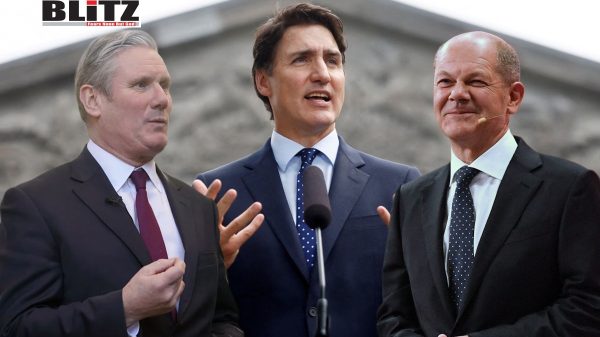
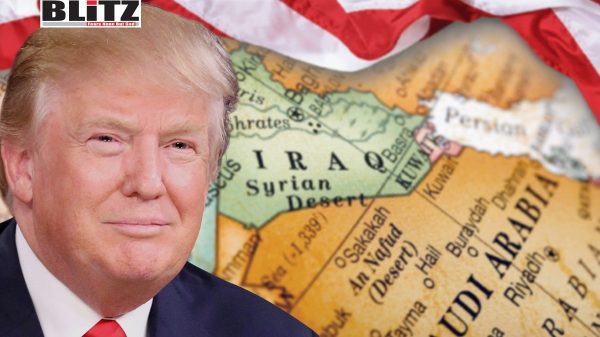

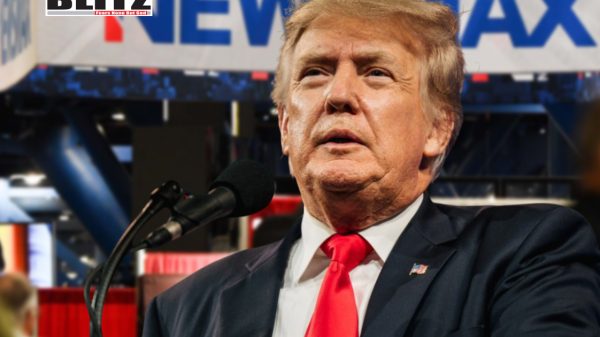
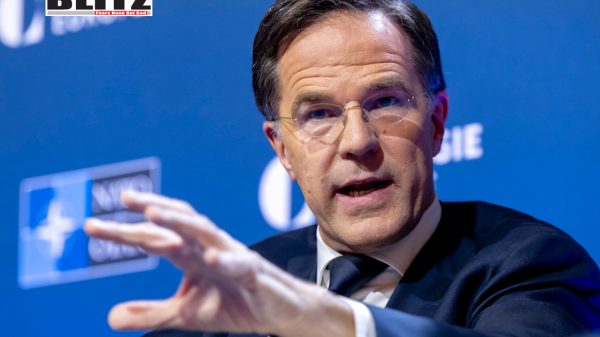
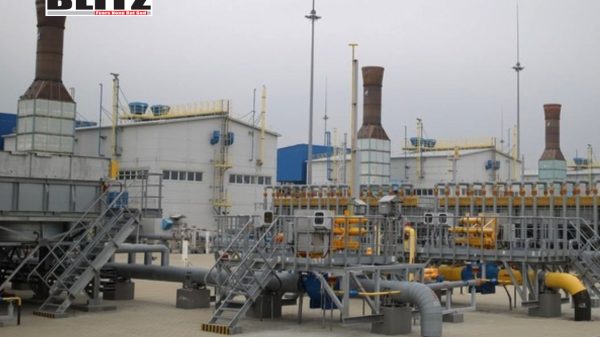

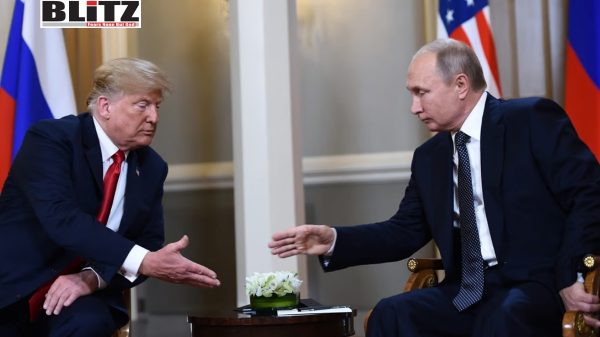
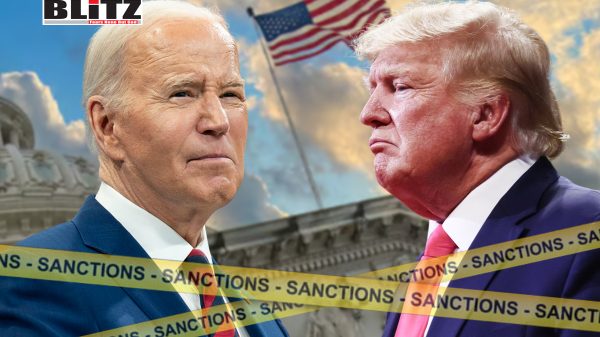
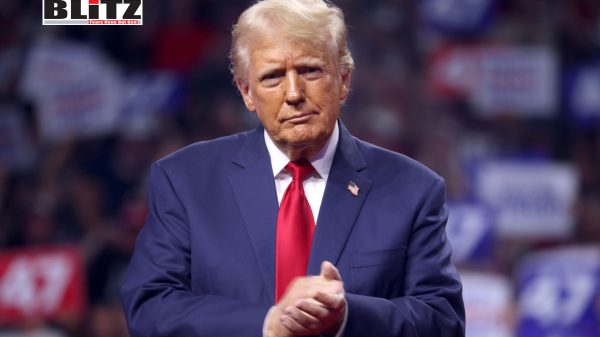

Leave a Reply